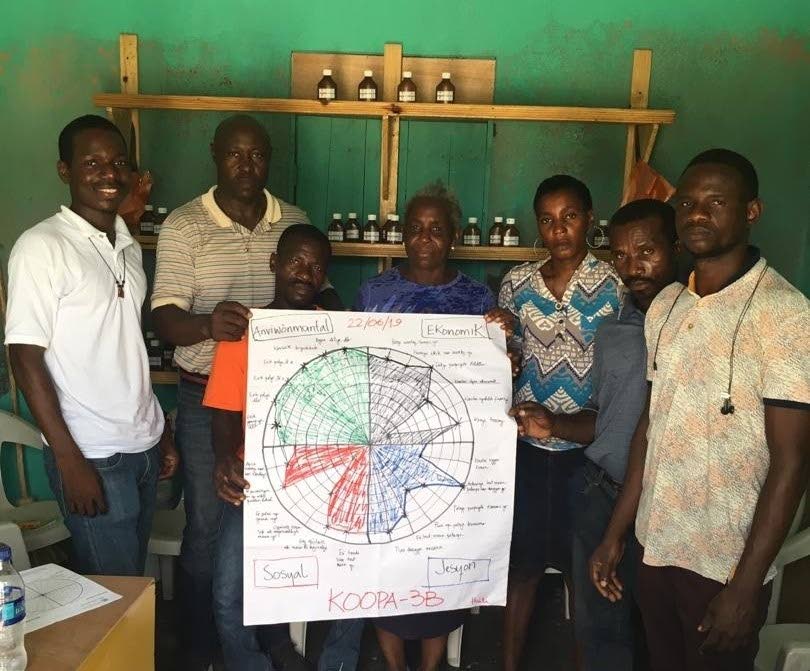Podcast series highlights sustainable ocean livelihoods

THE inspiring stories of six community micro-enterprises that use ocean resources to develop sustainable livelihoods and provide economic opportunities in their communities are highlighted in a podcast mini-series to mark World Oceans Day.
The Caribbean Natural Resources Institute (Canari) released the podcast titled The Ocean: Life and Livelihoods to celebrate World Oceans Day which was observed on June 8.
These local blue-green enterprises and others like them are critical to local economic development in coastal communities around the Caribbean, Canari said in a media release.
More than 134 million people who live on or near the coast are supported by the Caribbean Sea’s ocean economy. The release quotes Dr Didacus Jules, director general of the Organisation of Eastern Caribbean States (OECS) Commission as saying, “The sea is currently a subsistence resource for coastal villagers ... these are the real people who are the human focus of our blue economy work … We want to help them move from subsistence to prosperity.”
Canari said several Caribbean governments and international and regional agencies have seized on the promise of the “blue economy” for economic development, including as part of the covid19 recovery. Focus has been largely on expanding existing economic sectors, like fisheries, tourism and shipping, as well as developing new sectors such as seabed mining and offshore renewable energy.
"But there has not been enough emphasis on how blue economy can provide economic opportunities and benefits to the poor and vulnerable in coastal communities," Canari said.
In other developments Canari said the Council of Ministers for Environmental Sustainability in the Organisation of Eastern Caribbean States (OECS) has signalled its interest in National Ecosystem Assessments at its virtual meeting held May 20-21. The studies will enable Eastern Caribbean states to integrate the values of biodiversity and ecosystem services into economic decision-making and support the OECS’ commitment to sustainable, inclusive and resilient development and covid19 recovery.
National Ecosystem Assessments support decision making for biodiversity and ecosystems management, climate change mitigation and adaptation and disaster resilience, and are highlighted as critical tools in the OECS’ Biodiversity and Ecosystems Management Framework, which was endorsed by the ministers in 2020, Canari said.
Since 2019, the Grenada Government has been undertaking a National Ecosystem Assessment with technical support from the Caribbean Natural Resources Institute (Canari) and the UN Environment Programme World Conservation Monitoring Centre (UNEP-WCMC), engaging scientists and local experts in the assessments.
This year, OECS ministers were informed of a proposed collaboration between the OECS Commission and UNEP-WCMC to mobilise resources to assist other OECS Member States to conduct similar assessments. Canari has been identified to provide technical advice and mentoring for this work in the OECS.
Canari’s executive director, Nicole Leotaud, who was an observer at the OECS meeting, noted that “Canari welcomes the work by the OECS Commission towards scaling out national ecosystem assessments across the region and confirms our commitment to supporting this critical work for the sustainable management of our region’s biodiversity.”


Comments
"Podcast series highlights sustainable ocean livelihoods"